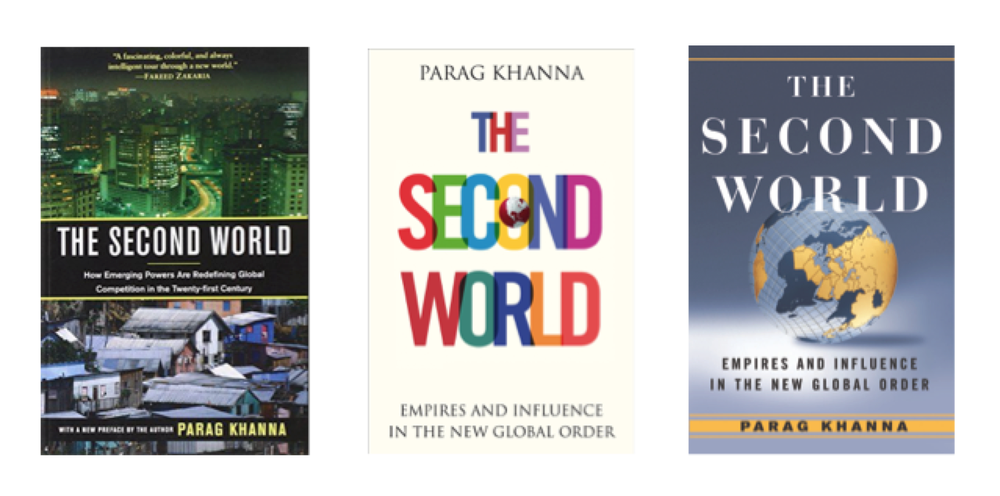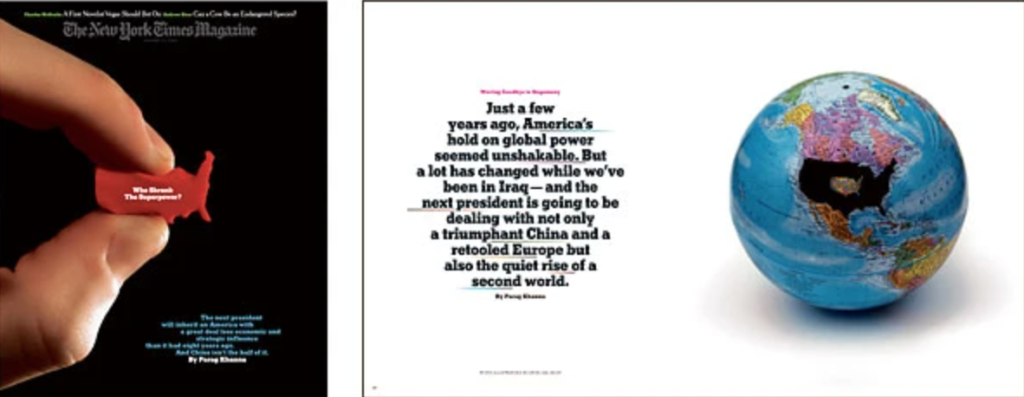A savvy, streetwise primer on dozens of individual countries that adds up to a coherent theory of global politics.

Grand explanations of how to understand the complex twenty-first-century world have all fallen short—until now. In The Second World, the brilliant young scholar Parag Khanna takes readers on a thrilling global tour, one that shows how America’s dominant moment has been suddenly replaced by a geopolitical marketplace wherein the European Union and China compete with the United States to shape world order on their own terms.
This contest is hottest and most decisive in the Second World: pivotal regions in Eastern Europe, Central Asia, South America, the Middle East, and East Asia. Khanna explores the evolution of geopolitics through the recent histories of such underreported, fascinating, and complicated countries as Azerbaijan, Uzbekistan, Colombia, Libya, Vietnam, and Malaysia—nations whose resources will ultimately determine the fate of the three superpowers, but whose futures are perennially uncertain as they struggle to rise into the first world or avoid falling into the third.
Informed, witty, and armed with a traveler’s intuition for blending into diverse cultures, Khanna mixes copious research with deep reportage to remake the map of the world. He depicts second-world societies from the inside out, observing how globalization divides them into winners and losers along political, economic, and cultural lines—and shows how China, Europe, and America use their unique imperial gravities to pull the second-world countries into their orbits. Along the way, Khanna also explains how Arabism and Islamism compete for the Arab soul, reveals how Iran and Saudi Arabia play the superpowers against one another, unmasks Singapore’s inspirational role in East Asia, and psychoanalyzes the second-world leaders whose decisions are reshaping the balance of power. He captures the most elusive formula in international affairs: how to think like a country.
In the twenty-first century, globalization is the main battlefield of geopolitics, and America itself runs the risk of descending into the second world if it does not renew itself and redefine its role in the world. Comparable in scope and boldness to Francis Fukuyama’s The End of History and the Last Man and Samuel P. Huntington’s The Clash of Civilizations and the Remaking of World Order, The Second World will be the definitive guide to world politics for years to come.

Read Parag's cover story from The New York Times titled "Waving Goodbye to Hegemony" (27 January 2008)
Interview with Charlie Rose on PBS (15 May 2008)
Interview for Wall Street Journal's "Portfolio of Ideas" ( 28 September 2008)